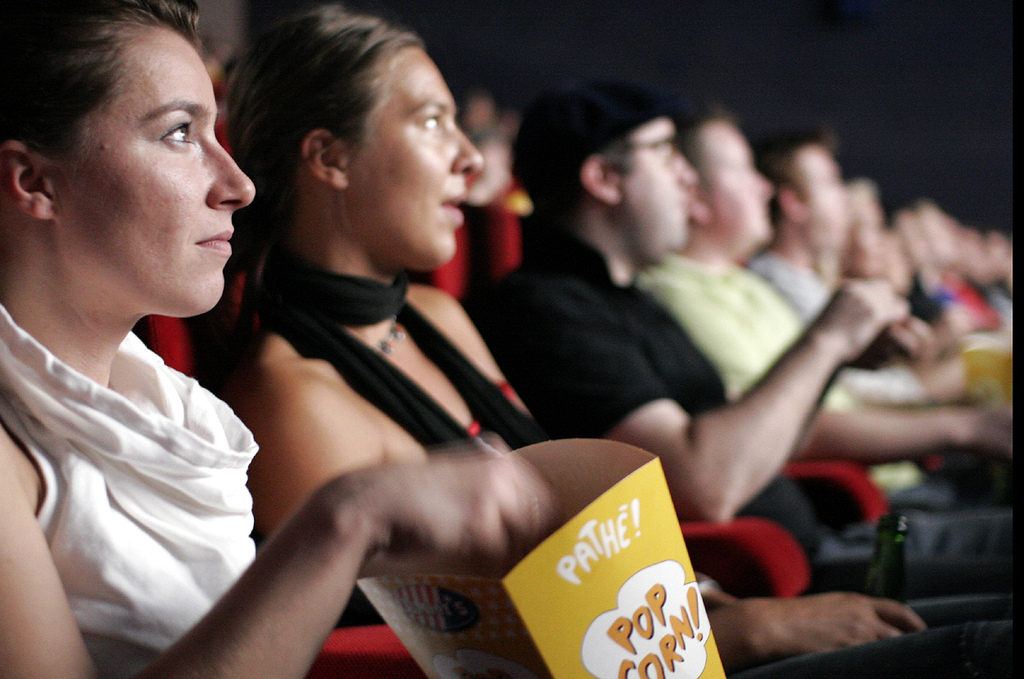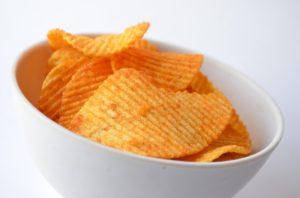Table of Contents

The Decision Point
“Decision points”, a behavioral economics term, are interruptions to system one thinking – your brain on autopilot.
Your mind has two systems. The first is responsible for your intuition and instinct. It’s automatic and fast. (Thinking Fast and Slow, Kahneman)
The quick calculations your mind makes are due to the internalization of processes by system one – that’s why a competent driver doesn’t need to be fully conscious of when driving, and can afford to have a conversation with someone else in the car.
The second system, as described by Kahneman in his book, “Thinking, Fast and Slow”, is the deliberate system. It’s what’s responsible for conscious thought, and is characterized as being slow and careful. It’s forced into gear whenever you take a math test or plan your week.
You can use ‘Decision Points’ to cleverly engineer scenarios that will force you to stop and think about what you’re doing to fight against addictions, binge eating, and other bad habits.
Decision points interrupt your system one, and force your system 2 into action. Why would you want that happen? Consider this example. You’re watching your favorite TV series, and eating a giant bag of Doritos. While watching the show, the process of eating becomes automatic. You aren’t consciously aware of every chip that you’re eating because your System One is in charge. While you’re paying attention to the sequence of events unfolding on the TV screen, you lose track of other behaviors such as eating or drinking. You run out of Doritos, but have no recollection of how that happened.
You may have promised yourself that you would limit yourself to a few bites. But since there is no point at which you are forced to re-examine your automatic binge eating behavior, you will fail at noticing your own transgression. Such is the power of the automatic brain, no feat is considered too ambitious. That’s why it’s a good idea to eat without watching television, or do anything that sidetracks your awareness of what you’re eating. But there is another solution.
The Magic Bowl
The first thing you would need to do is, instead of grabbing the entire bag of chips, pour a bit of it into a small sized bowl.

Studies have shown that we are less likely to eat five bags of something, than eat one – even if the one bag has the exact same quantity of chips as the five bags combined.
What’s happening here is that after every bag you consume, you force yourself into a decision point, “Should I open the next bag or have I had enough?”
This idea can be applied to many different areas of life where you need help maintaining discipline and self-control.
Examples of decision points:
- You’re trying to cut down on drinking, you can apply the same principle. Use cups smaller than the ones you usually do.
- You’re a heavy smoker, and you want to cut down on smoking: use more boxes with less cigarettes in each box, or smoke smaller cigarettes.
- You are watching too much TV and needed to force yourself to focus more: Set an alarm that would go off at the end of each episode.
When force system two into action, you allow for that brief moment of intervention that can save you from having to rely on sheer willpower. And in the long run, this can go a long way in helping you achieve your goals.
Telling yourself you need to do something is easy, but forcing ourselves to do it is not. You usually find yourself motivated at the start but that motivation wanes off as time progresses and routines kick in again. It’s easy to stay focused and disciplined in the short run, but the real challenge comes later down the road – when your complacency sets in.
Decision points are a powerful tool, if used correctly, to help you make lasting adjustments to your behavior.
This advice is perfect. I personally love taking charge of my own mind and teaching it new tricks. I will definitely keep this in mind next time I begin to eat while I watch something, a pleasure I cannot give up.